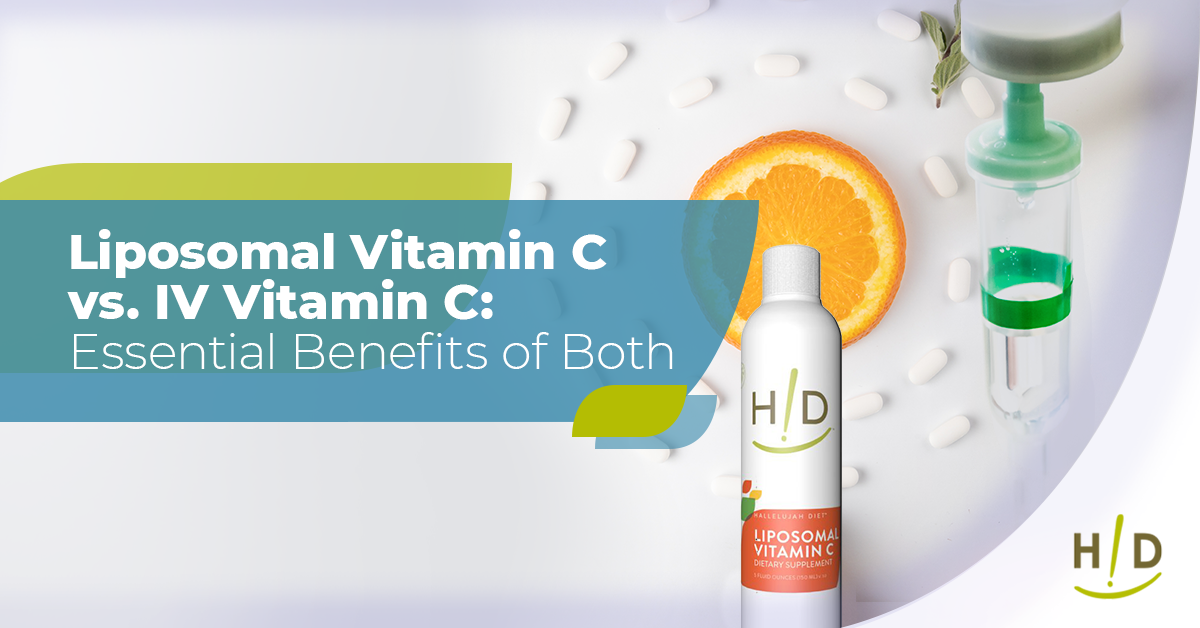A juice cleanse offers one of the most natural and efficient ways to flush toxins and harmful materials out of the body. The health benefits from doing a juice cleanse on a regular basis can’t be beat. That being so, depriving the body of solid food for any length of time makes it that much easier to binge eat once it’s over.
What you eat after a juice cleanse determines the health benefits the body derives from it. Choosing the right food options post-cleanse can go a long way toward reinforcing the health benefits to come. Here are some food choices to consider so you can reap the full health benefits from a juice cleanse, along with a quick overview on just what exactly a juice cleanse does and the many juice cleanse benefits.
 Fruits and vegetables supply your body with the materials it needs to restart and support healthy digestion processes. Plant-based foods contain large amounts of fiber, which keeps the digestive tract running smoothly. Fruits and vegetables also contain lots of water and are nutrient-packed, providing everything your gut needs to start taking on a regular diet of solid foods.
Fruits and vegetables supply your body with the materials it needs to restart and support healthy digestion processes. Plant-based foods contain large amounts of fiber, which keeps the digestive tract running smoothly. Fruits and vegetables also contain lots of water and are nutrient-packed, providing everything your gut needs to start taking on a regular diet of solid foods.
 A plant-based diet offers yet another way to minimize toxin build-up in the body. Plants provide the quality of nutrients and amount of fiber the body needs to keep toxin build-up to a minimum. Plant-based foods also support the body’s self-healing mechanisms, which, in turn, reduces the risk of developing sickness and disease. If you’re interested in a more long-term approach to keeping your body running on all cylinders, a plant-based diet is the way to go!
A plant-based diet offers yet another way to minimize toxin build-up in the body. Plants provide the quality of nutrients and amount of fiber the body needs to keep toxin build-up to a minimum. Plant-based foods also support the body’s self-healing mechanisms, which, in turn, reduces the risk of developing sickness and disease. If you’re interested in a more long-term approach to keeping your body running on all cylinders, a plant-based diet is the way to go!
What a Juice Cleanse Does
Fruits and vegetables offer rich sources of active nutrients that support the body’s self-healing systems. Plant-based foods provide the resources your body requires to reduce your risk of developing chronic diseases like diabetes, hypertension, and heart disease. In juice form, these foods do double duty since it takes several fruits and/or vegetables to make a single glass of juice. With a juice cleanse, these nutrients become the sole source of nutrition for the body, providing more than a few wonderful health benefits. Health benefits you can expect from a juice cleanse include:- Helps the body eliminate excess weight
- Imparts increased energy
- Gives your digestive system a chance to rest and repair
- Delivers immediate nutrition to the body’s cells and systems
- Detoxifies the liver and kidneys
After the Juice Cleanse Is Over: What You Should Eat
Healthy Fats
Since plant-based juices don’t contain fats, your body will likely be craving fat-based foods. Make sure you choose healthy fats that can nourish the cells, aid with nutrient absorption, and provide energy. Healthy fats include avocados, nut butters, olive oils, and seed butters. While there are many other sources of healthy fats, you’ll want to stick with foods that are easy on the digestive system after a juice cleanse.Probiotics
Probiotics such as fermented carrots, fermented kale, and sauerkraut contain the types of good bacteria your digestive tract needs to function at its best. After a juice cleanse, you’ll be slowly transitioning from liquid food to a solid food diet. Feeding the “good” bacteria that line your digestive tract will make this process easier on the body while also reinforcing the beneficial effects of the cleanse.Fruits & Vegetables
 Fruits and vegetables supply your body with the materials it needs to restart and support healthy digestion processes. Plant-based foods contain large amounts of fiber, which keeps the digestive tract running smoothly. Fruits and vegetables also contain lots of water and are nutrient-packed, providing everything your gut needs to start taking on a regular diet of solid foods.
Fruits and vegetables supply your body with the materials it needs to restart and support healthy digestion processes. Plant-based foods contain large amounts of fiber, which keeps the digestive tract running smoothly. Fruits and vegetables also contain lots of water and are nutrient-packed, providing everything your gut needs to start taking on a regular diet of solid foods.
Hydrate
While you should make it a point to stay hydrated all the time, staying properly hydrated is especially important after a juice cleanse. Water helps continue what the juice cleanse started, clearing toxins out of the body’s cells and tissues. Staying hydrated also helps ward off those voracious food cravings that develop after a cleanse. On average, you’ll want to consume a half an ounce of liquid for every pound of body weight; however, fruits and vegetables do have a high water content, so you’ll want to figure that in as well.Avoid Sugar and Alcohol
Since easing your digestive tract back into a normal eating routine is the goal after a juice cleanse, it’s best to avoid or at least limit your intake of refined sugars and alcohol. These foods tend to overwork the digestive process and the liver, which is something the body’s not quite ready for. Natural sugars, such as honey, maple syrup or fruit-based sugars, are all right to eat, though.Don’t “Overeat”
As much as you may feel like tearing into a huge meal, overeating is the last thing you want to do after completing a juice cleanse. Instead, try to eat smaller portions than you’re used to. Eating slower can also help with reducing food portions and, again, try to stick with simple easy-to-digest foods.A Plant-Based Diet - “Clean Eating” for the Long-Term
 A plant-based diet offers yet another way to minimize toxin build-up in the body. Plants provide the quality of nutrients and amount of fiber the body needs to keep toxin build-up to a minimum. Plant-based foods also support the body’s self-healing mechanisms, which, in turn, reduces the risk of developing sickness and disease. If you’re interested in a more long-term approach to keeping your body running on all cylinders, a plant-based diet is the way to go!
A plant-based diet offers yet another way to minimize toxin build-up in the body. Plants provide the quality of nutrients and amount of fiber the body needs to keep toxin build-up to a minimum. Plant-based foods also support the body’s self-healing mechanisms, which, in turn, reduces the risk of developing sickness and disease. If you’re interested in a more long-term approach to keeping your body running on all cylinders, a plant-based diet is the way to go!






